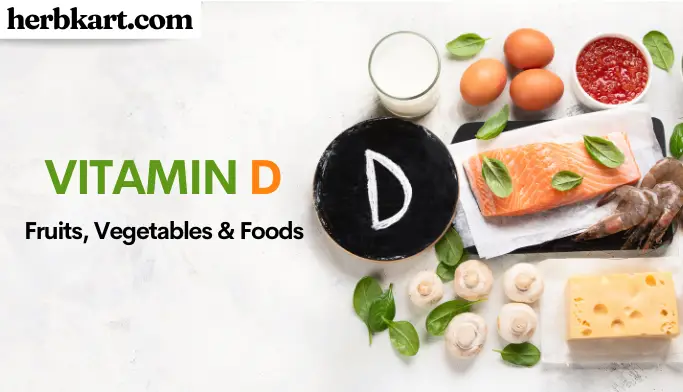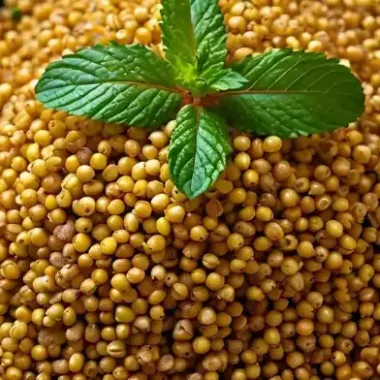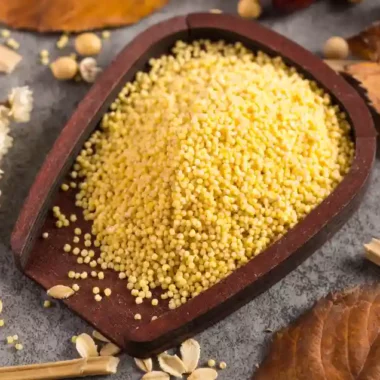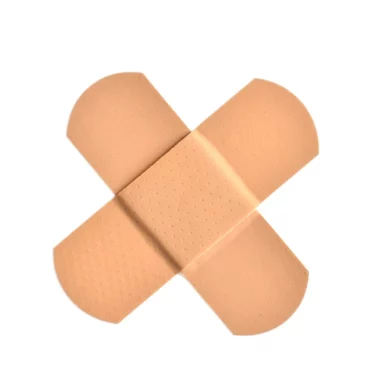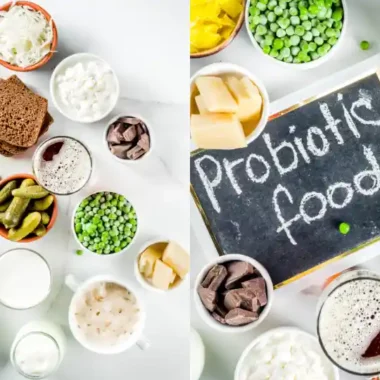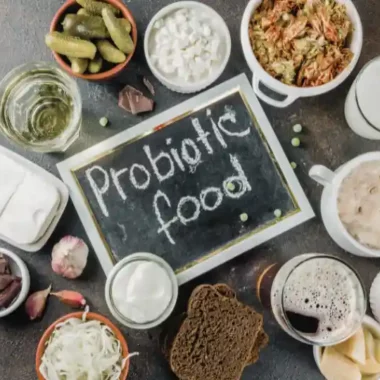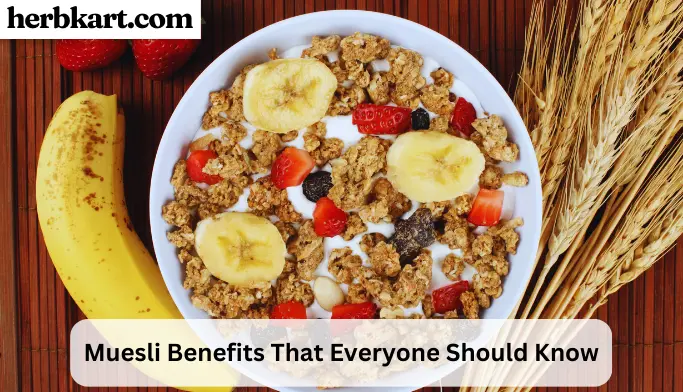Vitamins, fats, proteins & carbohydrates have to be included in the right proportion for a healthy diet. If any components are missing in your diet, it can lead to malnutrition and even vitamin deficiency.
These deficiencies occur as a result of people not including the right intake of the components essential for a healthy diet. One such important element is Vitamin D which maintains the calcium & phosphate levels in the body. This article will help you find everything you need to know about rich vitamin D fruits, vegetables & foods.
Vitamin D are fat soluble vitamins which help in regulating magnesium, calcium & phosphorus levels in the body. In general, vitamin D is synthesized by our skin in sunlight due to the presence of cholecalciferol. It also helps in promoting healthy bones and teeth, supports immunity, brain & nervous system and helps in regulating body insulin levels. Therefore, it is required to include high vitamin D food sources in our everyday diet.
List of Vitamin D Rich Fruits, Vegetables & Food Items
| Oranges | 100 IU (Per Cup) |
| Eggs | 37 IU (Whole Egg) |
| Salmon | 452 IU (100 gm) |
| Milk | 100 IU (1 Glass) |
| Cod Liver Oil | 448 IU (1 Tea Spoon) |
| Raw Oysters | 320 IU (Per 6 Units) |
| Spinach | 31 IU (Per 100 gm) |
| Banana | 75 IU (Per) |
| Mushrooms | 2300 IU (100 gm) |
| Soy Milk | 110 IU (1 Glass) |
1. Oranges
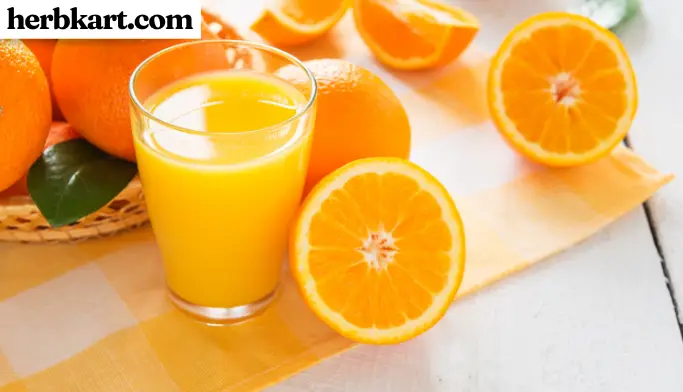
Oranges are one of the fruits rich in Vitamin D as its juice is fortified with calcium & vitamin D. This is one of the best sources of vitamin D for people who are lactose intolerant and cannot include milk & dairy products in their diet. One cup of orange juice gives around 100 IU of vitamin d which is ideal for daily consumption.
2. Eggs

Eggs are also a great source of vitamin D when consumed as a whole. Egg yolks are a source of fats & vitamins while the egg whites are a source of proteins and minerals. By consuming an egg, one can typically get 37 IU of vitamin D. However, the vitamin D content in eggs can vary due to sun exposure and the content of vitamins in chicken feed. Eggs from pasture raised chicken which are sun-exposed contain 3-4 times more vitamin D.
3. Salmon
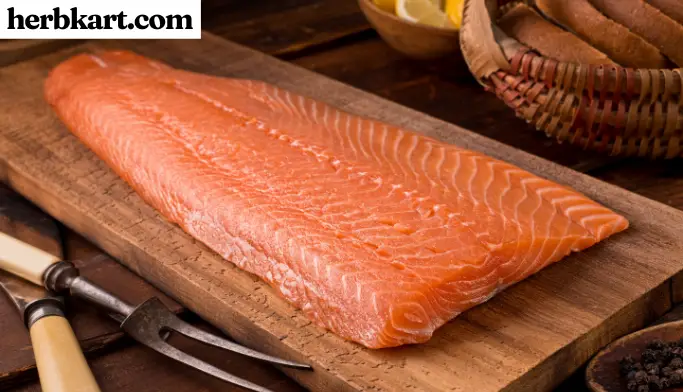
Oils from fish are an excellent source of vitamin D and omega 3 acids. A 100 gm salmon filet contains 450 IU of vitamin D and wild caught salmon contains a higher amount of vitamin D which is 988 IU.
4. Milk
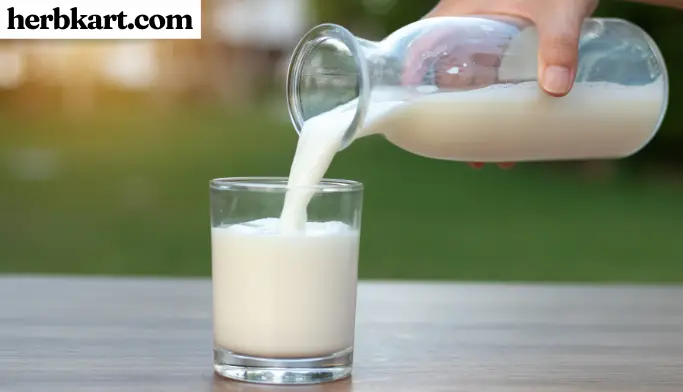
One glass of milk contains 100 IU of vitamin d while a bowl of yogurt contains 80 IU of vitamin D. The amount of vitamin D can differ depending on how fortified the milk or yogurt is. Milk can be replaced with soy milk or plant based milks like almond milk for people who are lactose intolerant or vegan. Vitamin D rich fruits & milk are great options for vegetarians who cannot include seafood in their diet.
5. Cod Liver Oil
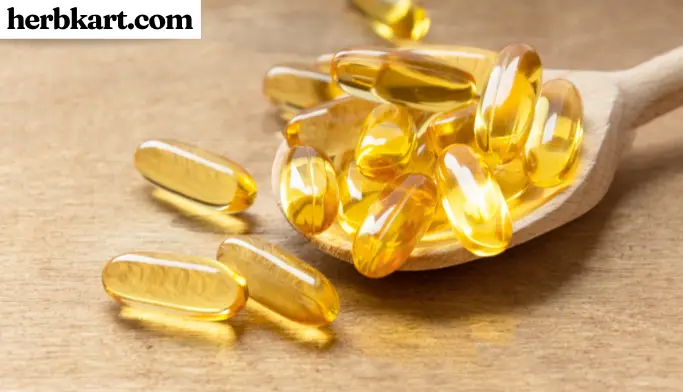
Cod liver oil as a supplement can be a great alternative to fish as it contains 448 IU of vitamin D per teaspoon. It is also a rich source of vitamin A & omega 3 fatty acids. An excessive consumption of cod liver oil can increase vitamin D content in the body which can be harmful.
6. Raw Oysters

Oysters are rich in vitamin D and are full of nutrients. They are low in calories and contain 320 IU of vitamin D. It is also a rich source of vitamin B12. copper and zinc. Raw oysters and salmon are the richest sources of vitamin D compared to the content of vitamin D in vegetables and fruits.
7. Spinach
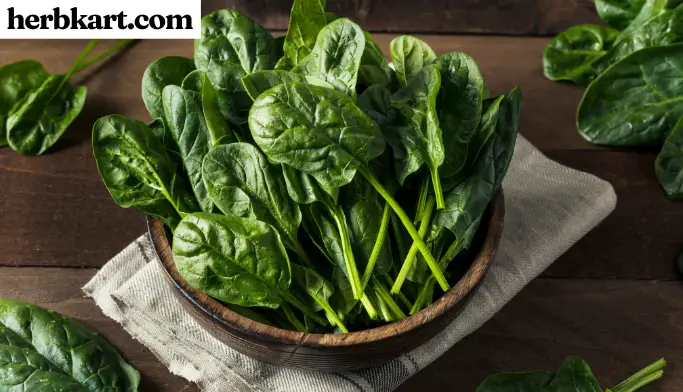
Spinach is one of the best sources of vitamin D in vegetables. It also has a high content of calcium and an excellent source of energy. A cup of cooked spinach contains 25% of the daily recommended intake of vitamins, calcium, iron and fiber.
8. Banana
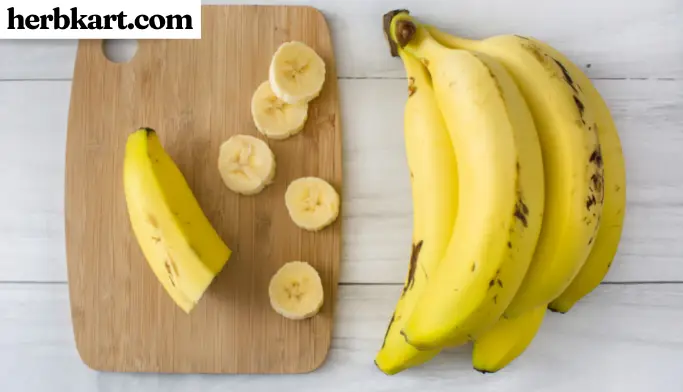
Banana is another rich in vitamin D fruit and also a great source of magnesium which activates the vitamin D content in our body.
9. Mushrooms
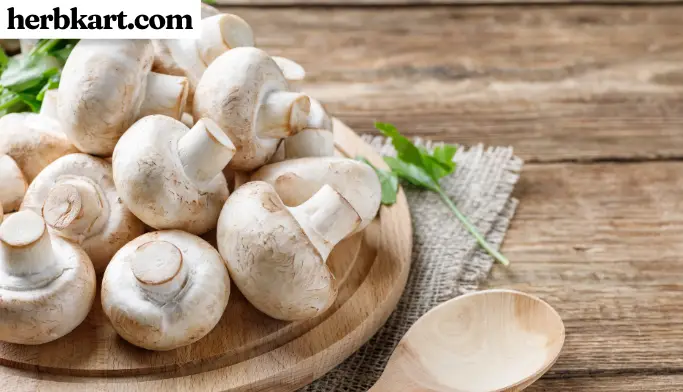
Another great source of vitamin D in vegetables are mushrooms. In the presence of sunlight, mushrooms can synthesize vitamin D content in it and are said to contain 2300 IU in every 100 gm. Mushrooms grown commercially contain a lower amount of vitamin D. Few brands synthesize mushrooms under UV light and they contain about 350 IU of vitamin D.
10. Soy Milk
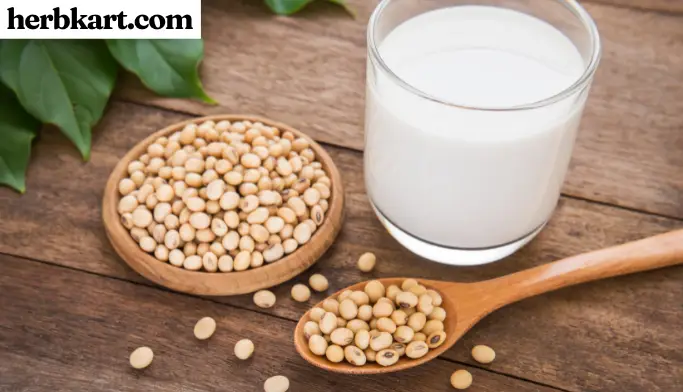
A plant based milk made with soybeans is a great source of vitamin D and the best alternative for vegans as it contains the same amount of vitamins and protein as cow’s milk.
Does vitamin D deficiency cause any disease in adults?
A bone disease called osteomalacia can be caused due to a deficiency of vitamin D in the body. vitamin D rich fruits and vegetables like bananas, oranges and spinach to be included in your everyday diet
How can we increase the intake of vitamin D naturally?
Spending a small amount of time everyday in sunlight can help in the intake of vitamin D along with including fruits and vegetables rich in vitamin D like mushrooms, tofu, soy milk in your diet which are fortified foods .
What happens to our body when there is a low vitamin D content?
Some effects include hair loss, fatigue, depression and tiredness.
What are the common causes of Vitamin D deficiency?
1. Recommended level of vitamins are not consumed over a period of time.
2. Limited exposure to sunlight.
3. Kidneys cannot convert Vitamin D to its active form due to age.
4. Due to dark skin as pigment melanin reduces skin’s ability to absorb Vitamin D.
What are the top 10 nutritious foods rich in Vitamin D
1. Eggs
2. Shitake Mushroom
3. Fish Roe
4. Mackerel
5. Cod Liver Oil
6. Yogurt
7. Orange Juice
8. Pork Chops
9. Almond Milk
10. Cereal
What is the normal range of Vitamin D?
A level of 50 nmol/L (20 nG/mL) or above is adequate for bone and overall health of most people.
What are the Vitamin D rich vegetables?
1. Spinach
2. Mushrooms
3. Broccoli
4. White Radish
5. Turnips
What are the symptoms of having Vitamin D deficiency?
1. Muscle Weakness
2. Joint Pain
3. Depression
4. Slow Healing of Wounds
5. Fatigue
What are the effective ways to get Vitamin D?
1. Get more exposure to sunlight
2. Consume vitamin d rich foods like fish and mushrooms
3. Include supplements in your everyday diet
4. Try UV lamp radiation
5. Eat fortified foods
How long do you need to spend in the sun to absorb Vitamin D?
At several times of the week, aim to get at least 10-30 minutes of sunlight during mid-day to maintain healthy blood levels.
What are the side effects of too much Vitamin D?
1. Increased blood calcium levels
2. Loss of appetite
3. Excess Urination
4. Dehydration
5. High blood pressure
6. Fatigue and dizziness

